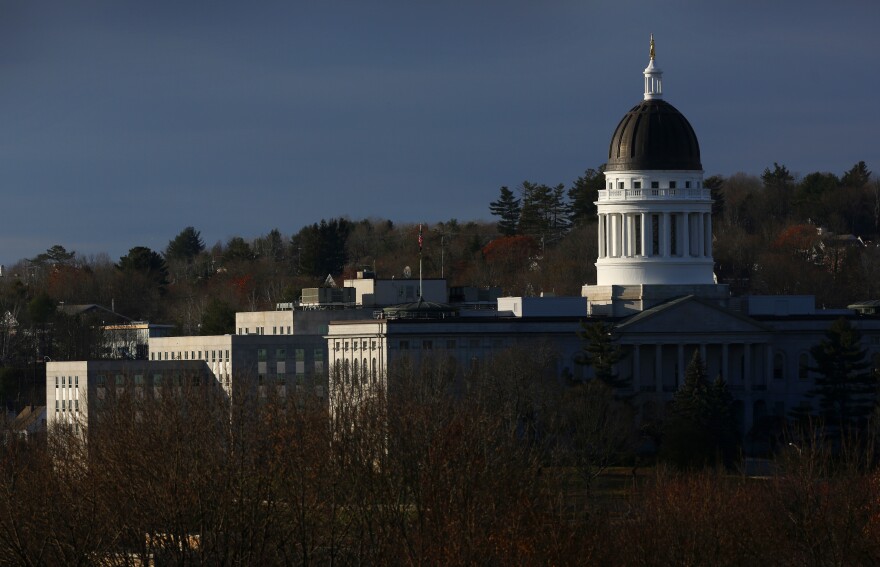Maine's economic forecasters are projecting a nearly 10% increase in state revenues over previous estimates for the two-year period that begins next July. That forecast has set the stage for the next legislative session, as Democratic Gov. Janet Mills prepares a proposal that aims to provide direct relief to Mainers pinched by inflation and higher electricity and heating costs.
In raw dollars, the updated forecast means the state is expecting $822 million more in revenue than previously anticipated for the two-year period that begins July 1.
The majority of those adjustments hinge on revenues from sales tax collected on goods and services, as well as lodging and prepared food sales that exploded between June and September, according to Maine Revenue Services.
Michael Allen, the state's associate commissioner of tax policy, told the Legislature's budget committee Tuesday that expected wage and salary increases of roughly 5% this year, and in each of the next two years, suggests that the demand for goods and services can be sustained, hence the rosy revenue outlook.
"Percentage adjustments of this magnitude have not been seen since the late 1990s," he said.
However, the improved economic forecast comes amid concerns about inflation and higher electricity and heating costs.
Gov. Mills recently announced plans to provide direct relief to Mainers via a change in the state's current two-year budget.
Republican legislators, meanwhile, note that federal pandemic aid has also boosted the state's coffers and they're calling for returning some of the money to residents via tax breaks or exemptions.
The governor has expressed a willingness to consider the GOP's ideas, but the prospect of a bipartisan agreement is clouded by next year's elections, and so far, the GOP's bid to deny Mills a second term centers on portraying her economic leadership as a failure.
Additionally, Mills' plan to provide relief to Mainers hard hit by inflation and other cost of living increases might be constrained by a pandemic economy that deputy tax commissioner Mike Allen says can quickly take a turn for the worst.
"We can't forecast the pandemic, which makes forecasting the economy even more difficult," Allen said. "And so, it's just we're in a volatile environment and it's really just our way of saying we're fairly comfortable in the next six to eight months."
But after that, Allen says, the revenue forecast is out on a limb.
He says the Revenue Forecasting Committee has tried to build in assumptions that plan for a downturn.
But, he says, there's no definitive way to predict what might happen with new variants of the coronavirus.
Just last week, the emergence of the omicron variant sent the stock market tumbling, but it has since recovered — at least for now.



